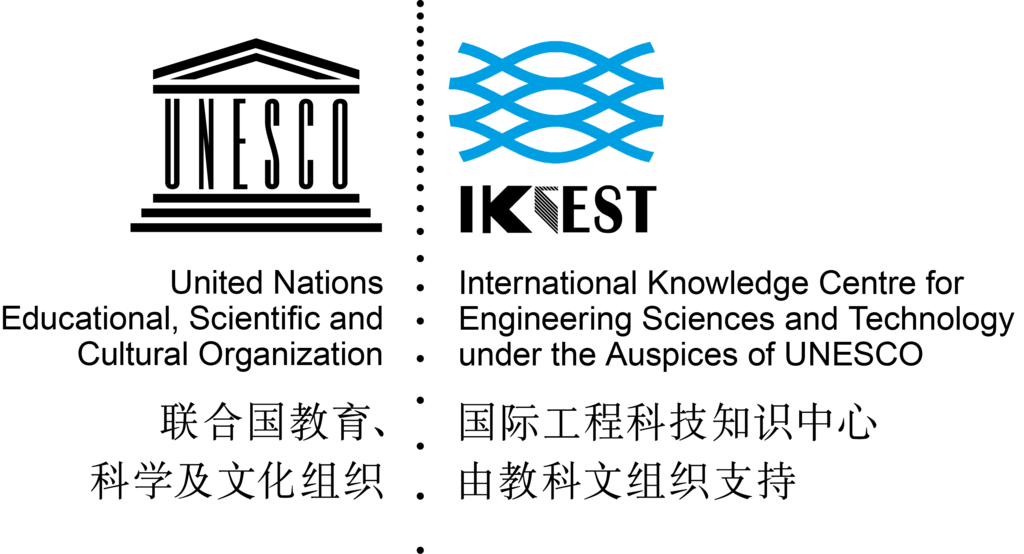Digital skills are key for literacy teaching in the twenty-first century. The COVID-19 pandemic, however, demonstrated that many educators have limited capacities in using technologies for instruction and would benefit from locally relevant, structured training in this area. This is true of Côte d'Ivoire, as it is of many other places.
To promote quality literacy provision by increasing effective use of technologies in literacy instruction and learning, the UNESCO Institute for Lifelong Learning and the UNESCO Abidjan Office organized a workshop from 8 to 10 November 2022. As part of an initiative on digital skills for literacy educators, involving the UNESCO-led Global Education Coalition (GEC) and the Global Alliance for Literacy (GAL), the national workshop enabled participants to develop contextualized digital-competencies training modules for literacy educators in Côte d'Ivoire.
Workshop participants included specialists from the Ministry of National Education and Literacy and other ministries, as well as representatives of civil society, including several federations of literacy centre promoters and literacy teachers.
Côte d'Ivoire is the first French-speaking country to launch this programme to enhance the digital skills of literacy educators.
The country will fine-tune and pilot the modules in preparation for nationwide training of literacy teachers in 2023. Côte d'Ivoire is one of five pilot countries in this GEC-GAL initiative to enhance literacy educators’ effective use of technologies in literacy instruction and learning. More countries and organizations will join the initiative in 2022 and in the following years.
Background
Since its launch in 2016, the Global Alliance for Literacy within the Framework of Lifelong Learning has driven international discourse and guided the agenda for literacy provision globally for those who need it most. The Alliance includes 30 countries committed to improving youth and adult literacy. It serves as a platform for its members to collectively discuss progress and challenges, and exchange knowledge and good practice.








 User Center
User Center My Training Class
My Training Class Feedback
Feedback












Comments
Something to say?
Login or Sign up for free